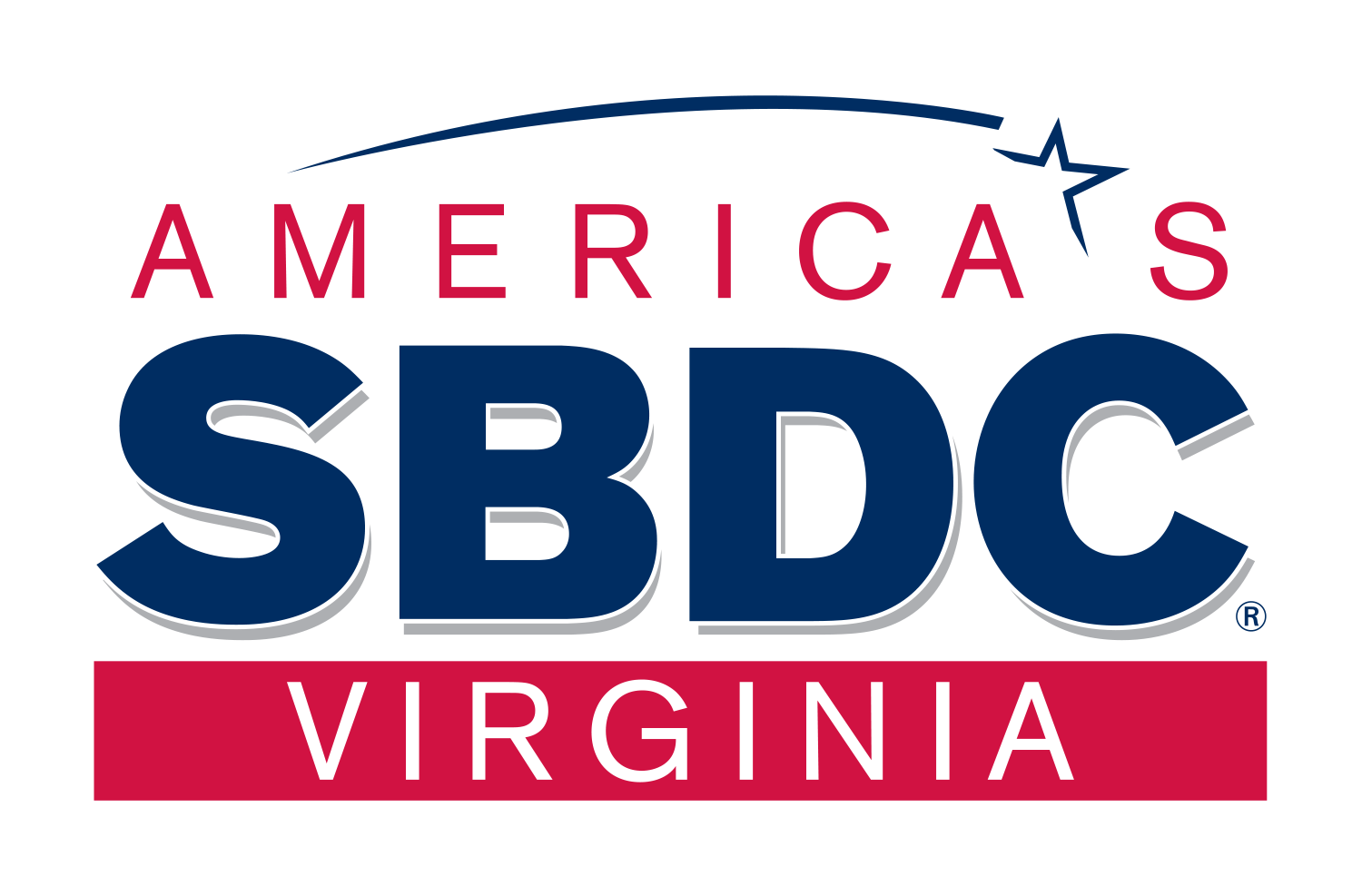Market Demographics Give Birth to New Business Idea
The Region 2000 SBDC serves a four-county, two city market covering approximately 2000 square miles. Total population exceeds 225,000 residents, with Lynchburg being the only urban area. Most of the businesses within the region are small businesses. Over 82 percent of the businesses have 19 or fewer employees. The company that is featured here falls in that category.
This business, referred to as ABC Baby Store, was founded by a client who realized the need for a baby furniture store in the Lynchburg market. Presently, most parents expecting a baby are limited to relatively lower-quality baby furniture sold at large department and discount stores such as Wal-Mart, Target, and J.C. Penney, or were forced to drive several hours to bigger cities such as Richmond, Raleigh, or Washington DC to purchase higher-quality baby furniture. Given her many years of experience in the furniture business, including as a production coordinator, buyer, and customer service representative, and as a mother herself, this SBDC client quickly realized the market potential for such a store locally. She then sought out the services of the Region 2000 SBDC, first taking a Start Smart seminar in the summer of 2004, and then coming in for one-to-one counseling and business advice.
The SBDC advised the client on all start-up issues including legal business structures, licensing, commercial insurance, bank lending criteria, business planning and feasibility analysis, and location, and provided her with several referrals to begin obtaining cost estimates and conduct research. The SBDC counselor then coached the client on preparing a business plan, and reviewed several business plan drafts with her prior to refining a final version to be shown to potential lenders. Initially, the client had considered opening the business on a rather large scale--a 12,000 sq. ft store, with 15 showrooms, and total start-up costs of $125,000. However, realizing that a smaller store would be more feasible, both financially and operationally, the SBDC counselor advised the client to start off on a smaller and more manageable scale, and to focus on her market niche of providing higher-quality baby furniture rather than brands and accessories that can be purchased (at lower prices) at local discount and department stores. As advised, the client critically reviewed many of her initial assumptions, and determined that a 4,000 sq. ft store with eight showrooms, as opposed to 15, would keep overhead and inventory costs to a minimal, and keep start-up costs to a total of $60,000. As the SBDC recommended, this would also be necessary to make the deal more financially doable, given the client’s owner’s equity and collateral positions.
Additionally, the client attended an SBA Entrepreneur Express workshop where she learned more about SBA loan and guaranty programs and she successfully completed the 6-Week Entrepreneurship Training class offered by the Business Development Centre (BDC). The SBDC counselor referred the client to several local bankers and the BDC’s microenterprise lender. Simultaneously, the SBDC reviewed the client’s financial position, and coached her through completing her personal financial statement, compiling 3-year cash flow statements, and determining a breakeven point. As a result, the SBDC helped the client develop a complete business plan that would appeal to lenders; moreover, the SBDC counselor arranged for and was present at the meeting with the client, her primary lender, and the microloan provider.
As a result of the counseling, business coaching, and training provided by the Region 2000 SBDC, at the end of 2004 the client was approved for and received a loan of $30,000 from a small community bank and a loan of $18,000 from the BDC’s Venture for Enterprising Women (VEW) microloan fund. The owner’s equity contribution was $12,000 towards total start-up costs of $60,000. Due to some minor construction delays, the opening of the store has been postponed from February 2005 to early March 2005. The store will be operated as a sole proprietorship owned by the client, and will employ one full-time and two part-time employees. The SBDC continues to work closely with the client, providing her with marketing advice and assistance.
Updated 10/2/2008 1:38:21 PM | BJohnson


 2019.VeteransSBProcurementConference.pdf
2019.VeteransSBProcurementConference.pdf
 Consolidated Covid Relief Bill 12.29.20.pptx (2970 KB)
Consolidated Covid Relief Bill 12.29.20.pptx (2970 KB) Entrepreneur Express Training (136 KB)
Entrepreneur Express Training (136 KB) Gabriel Mellan.com Photography (127 KB)
Gabriel Mellan.com Photography (127 KB) Mobile Vending_VW_Master Registration List_5.10.22.xlsx (30 KB)
Mobile Vending_VW_Master Registration List_5.10.22.xlsx (30 KB)